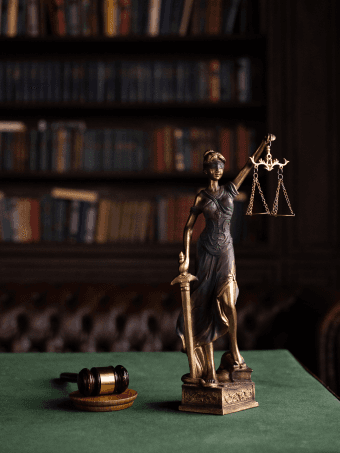NBA, an immensely successful American basketball league, has long outgrown its US-centric approach and has been successfully exporting its brand internationally for many years now. When it comes to China, however, NBA has been struggling to come to an agreement with Chinese authorities because of several disputes over intellectual property rights, including unauthorized live sports broadcasting and the credible protection for the names, teams, players and their associated brands.
The second case is highlighted by Michael Jordan’s 9 years-long saga of trademark lawsuits, which has finally come to an end on December 30, 2020, when China’s highest court ruled that the company Qiaodan Sports has violated the American six-time NBA champion’s name rights.
Background of the case
Qiaodan Sports was established in 2000 and operates nearly 6,000 stores across the country. It has registered around 200 trademarks related to Michael Jordan, as their name is a direct Chinese translation of the name Jordan. They have registered various styles of trademarks related to Jordan, including those in Chinese characters and a logo of a silhouetted basketball player.
Jordan has first launched a lawsuit against the Chinese company back in 2012. His claim was that Qiaodan Sports has illegally misappropriated the fame behind his name in order to sell their products. In 2015, Jordan appealed to China's Supreme People's Court and won in April of 2020. The court ordered Qiaodan to publicly apologize to Jordan and clarify the lack of relationship between the two brands. Additionally, Qiodan Sports had to compensate Jordan $46,000 for emotional damages and $7,600 for legal expenses. The company can no longer use the Chinese characters of “Qiaodan” as its business name, nor can it use any recently registered “Qiaodan” trademarks on its products.
Due to the intricacies of Chinese trademark law, however, this decision did not completely prohibit the Chinese company to use all “Qiaodan” trademarks. According to Chinese law, people can claim opposition to a trademark within five years of registration. After this period, the trademark can't be revoked. Since some trademarks related to Qiaodan have been in use for over 10 years they cannot be revoked.
What can international brands do to protect themselves?
The victory of Michael Jordan in the fight for the use of his name on the Chinese market is a hopeful but cautionary story, as this battle cost the athlete considerable resources and time over the past decade. This shows that international brands should not wait too long with the registration of their trademarks in China if they wish to continuously expand on the global market and protect their brand from potential infringements. Given China’s first-to-file trademark system, brands that look to start trading in this country ought to consider filing for a trademark as early as possible, before somebody else does it instead of them.


